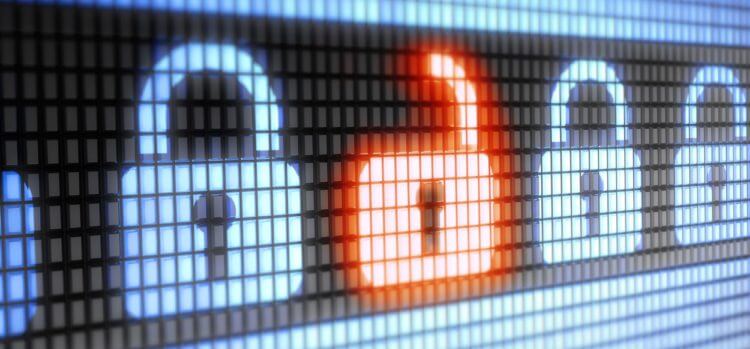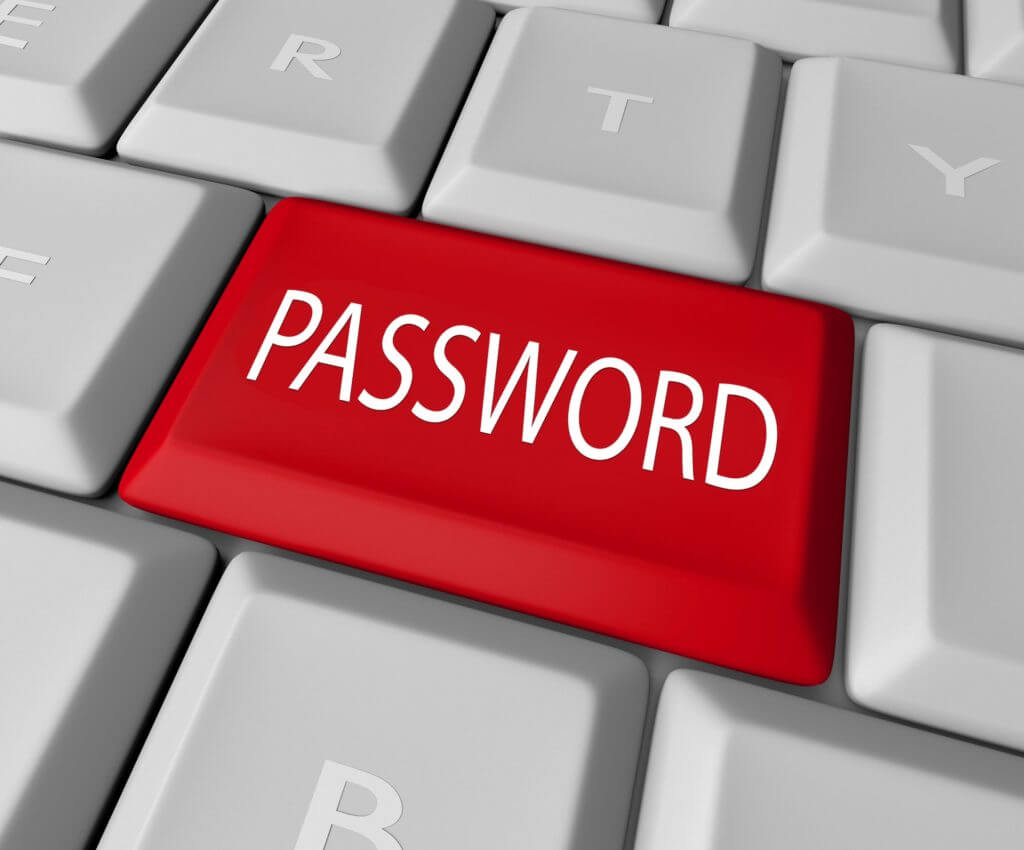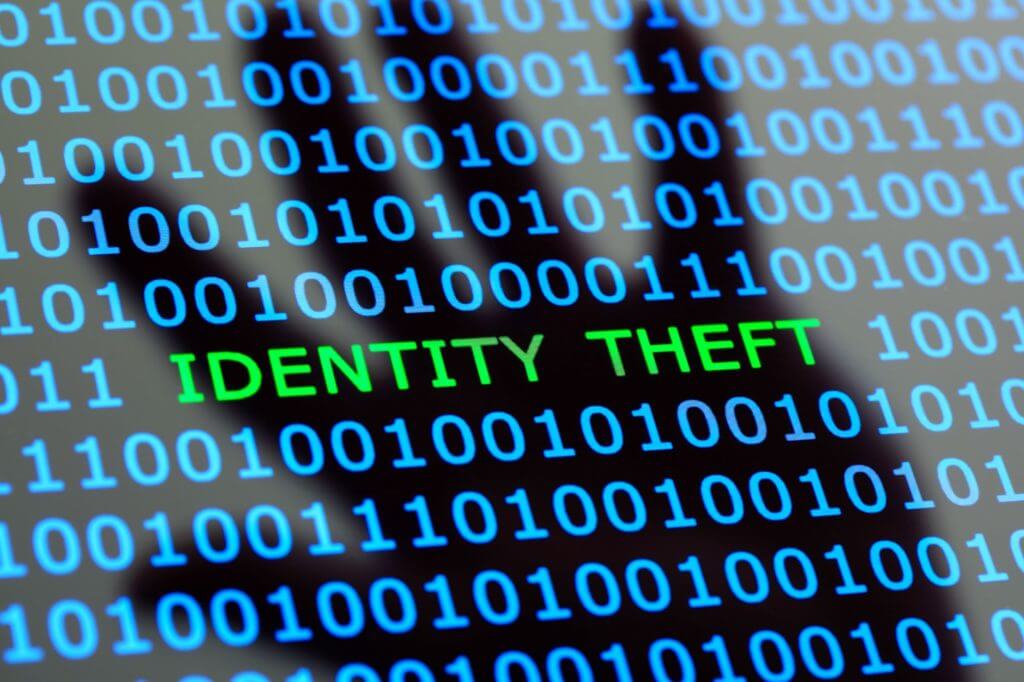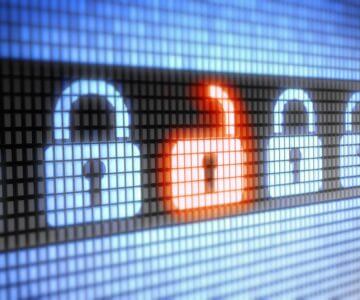
Keep Your Personal Information Safe
Protecting your online identity in today’s digital age is becoming more and more difficult. When operating online and accessing your information, it is important to make sure that your personal information is kept safe so as not to compromise your identity.
5 Tips to Help You Protect Your Identity Online
Use Secure Passwords
Everything in today’s digital world is password protected. Securing your online presence is best – and most easily – done by using strong passwords. Make sure that your passwords are difficult to know and that no one could guess it.
Avoid using things like your name, pet’s name, maiden names, phone numbers, addresses, and any other personal information someone else may know. Choose a password that will not be guessed by anyone and is not too easy to crack. Make sure you never share your password with anyone. It may also be helpful to change your password a few times throughout the year.
Take Advantage of Website Encryption
An important way to protect your identity online is by making sure you only use trusted, protected, and secure websites. The best way to make sure the website you are using is secure is to check for the lock symbol and an “s” at the end of http in the URL area.
Both of these are indications that the website is encrypted and can be used for safe transactions and storage of information. This way, not only your transactions – but your personal information – will be protected and secure.
Invest in Protection Software
Security software suites give you programs that will help you protect your computer from people trying to get your information or personal identity online. These programs stop people from hacking and stealing information from you and even stops potentially threatening hardware like spyware, viruses, and phishing scams.
Some of the more popular and respected security suite programs are Norton Antivirus, Ad-Aware Pro Security, McAffee Virus Protection, and AVG Internet Security.
Watch Out for Phishing Scams
Phishing scams are ways that people trick others online in order to garner people’s information and potentially steal their identity. These emails are getting more and more advanced, consistently looking more like legitimate emails. When you receive emails that are questionable, it is important to research whether they are legitimate or not.
Be aware of these by looking online for ones that are active. Any emails you get that seem like they may be illegitimate – especially if they are requesting your personal identity information or money – should be deleted. Your bank will never ask for your information in this manner. Instead of responding to the email, call your bank and make sure the issue is real.
Be Cautious Using Public Wi-Fi
Although public Wi-Fi can be great for cutting on your data charges, these networks are much less secure than other networks. When you are using these public networks it is important that you use caution and make sure that your information is secure.
By making sure you keep your connection cure you will make sure that you maintain proper security. Consider using your phone and data charges when in public and accessing information or accounts that you would like to keep secure.
-
share:
Tags : identity protection, online security
- COMMENTS (0)








